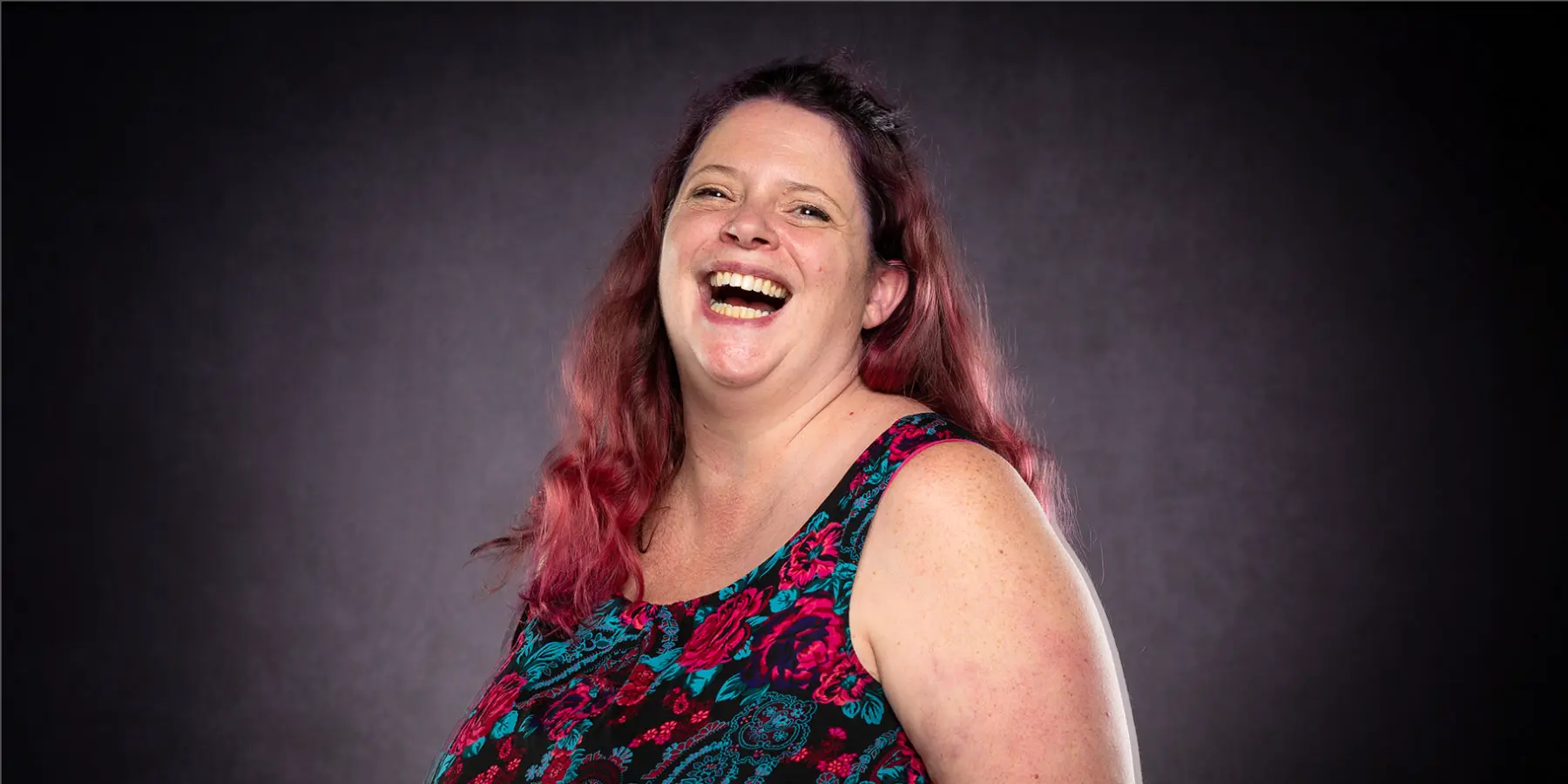Why kindness matters in university libraries: An interview with Helen Rimmer
Helen Rimmer left a successful career in university librarianship recently to develop her own business as a kindness and well-being coach and trainer.
We spoke to Helen about changing career and creating kinder workplaces.
Can you tell us about your career change – from library director to ‘The Kind Brave Leader’?
I’ve always tried to be kind and put well-being at the centre of everything. Often we do things because we think it’s right, but we don’t always know why we’re doing something.
I was lucky to be able to study for a PG Cert in the Psychology of Kindness and Wellbeing at Work at the University of Sussex and I fell in love with the subject.
I really started to look at everywhere I’d worked and I talked to others about their workplaces. I realised I could make a difference from outside the library profession rather than by working in libraries. It can be hard to change things from the inside.
I’d got a bit disillusioned with the library world. It felt like the same conversations were being had, but also the same conversations were not being had – lots of elephants in rooms. However, the library community has been amazing to me since my career change.
I’ve coached people (as a qualified kindness and well-being coach). I’ve been approached to give talks. I’m developing courses for the American Library Association and Library Juice Academy. It’s made me fall in love with being a librarian again.

What inspired you to write ‘The Kind Librarian: Cultivating a Culture of Kindness and Wellbeing in Libraries’?
I wanted to write something that everybody can use to help themselves. Hopefully people will read it and not feel alone in whatever organisation they’re working in.
The book has got a toolkit element: each chapter has an individual exercise and a team exercise for people to think about kindness both at work and at home. There are also reflective questions throughout the book, some smaller tasks, and checklists.
The first section is evidence-based, discussing the theoretical underpinnings of kindness and well-being. The next section has something for everyone, with chapters by sector experts on topics like flexible working, recruitment, and data.
There’s a section on leadership and I want everyone to read that. It’s not just for leaders, but also for those who aren’t in leadership positions. I believe that everybody leads something in libraries – whether it’s a project, a working group or social media.
I’ve concluded with a look forward at the potential of kind workplaces. I think what’s really important is that kindness improves well-being. If you’re kind you will feel better. The people you work with will feel better. It’s an upward spiral.
How do you define kindness in the workplace, particularly within the context of libraries?
The over-arching definition of kindness I use is by Curry who says that kindness refers to actions intended to benefit others. I think that’s a really good starting point.
However, it’s complex, because kindness at work isn’t just about being ‘nice’. Nice is easy; it avoids conflict. Kindness is more in-depth; it goes beneath the surface.
For example, not dealing with difficult behaviour is unkind. It might not feel compassionate to address this with someone, but if you don’t deal with difficult behaviour the effect will ripple out and the negativity will multiply.
A key motivator for librarians is the desire to help. One of the things I’ve looked at is compassion fatigue within librarianship. How do we protect ourselves so we don’t get burnt out from helping people – both library users and colleagues – in the workplace?
Can you share some examples of how kindness can positively impact both library staff and library users?
I write about some simple, low-cost methods used by libraries in my book. There are hospital libraries that provide jigsaws in staff areas to boost well-being. A public library did a clothes swap to bring colleagues and people from the community together.
On another level, the University of Lancaster has included kindness as a value in their library strategy. Meanwhile, the library at the University of Westminster (my former workplace) has done a lot on implementing kind and inclusive recruitment practices.

How can library leadership effectively promote and prioritise well-being among their staff?
I’m optimistic that people coming up into leadership roles now are passionate about well-being.
I think the problem with a lot of organisations is that they see well-being as what an individual can do for themselves. However, it’s very much a dual process involving both the individual and the organisation. Individuals can’t expect organisations to solve all their well-being needs, but organisations should give as much support as possible.
One of the hardest things for leaders is that they’re trying their best to fight battles in both of those areas. But, as a head of service, you can use your power to push up and challenge things in the wider organisation. Do as much as you can that’s within your gift.
I want people to start thinking about the disconnect between our lived experiences of working in libraries and us as librarians. A library leader could start to take a detailed look at their organisation. Is it psychologically safe? Is it a happy place to work?
They could also do 360 reviews and strengths-based assessments of their teams. I use a tool called Strengthscope. If we tailor work to people’s strengths they will be happier and more productive, which results in a better experience for library users.
I’m really interested in job crafting. Once you’ve worked out someone’s strengths, you can think about tailoring their job to suit their skills. Obviously within libraries you have to bear in mind there are service requirements that must be met.
However, if you build a team from job crafting, you could end up with the most amazing results. If you think about it, we can tailor our coffee orders or we can sit in a restaurant and say I’d like chips instead of mash. Why can’t we do that with our jobs?
If someone is keen to implement this approach, is there one simple action they can start with?
I think the biggest skill people can learn is active listening. So actually listening. If you can develop that, you can have meaningful conversations about what’s really going on – but be prepared to hear things you are uncomfortable with.
Once you’ve discovered what the issues are for your team, you can then work out what’s needed for your particular organisation and what the boundaries are within your service.
A final point to remember is that if you’ve become a leader, you’ve succeeded in a system. It doesn’t mean that system works for everybody. How can we change that?
If you’d like to find out more about Helen and The Kind Brave Leader, tap here.

